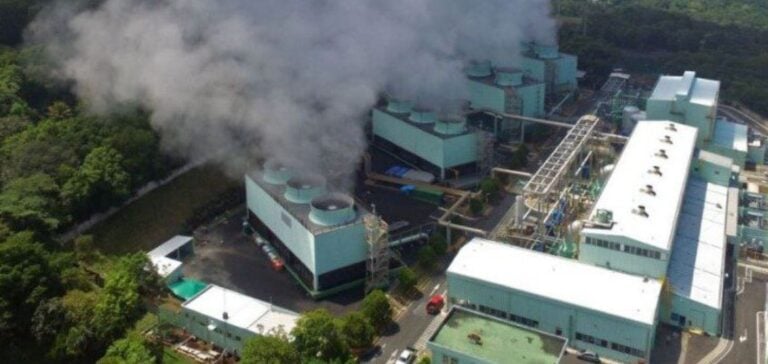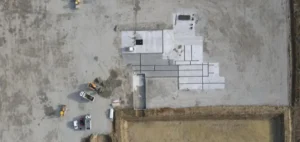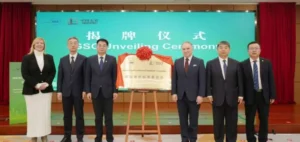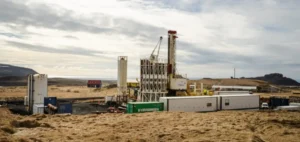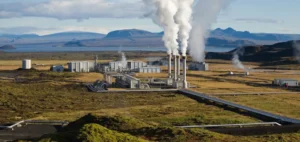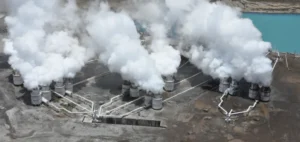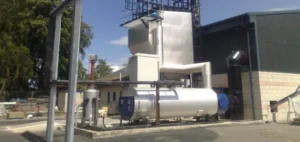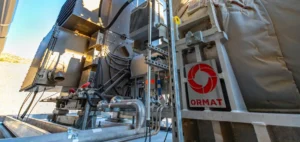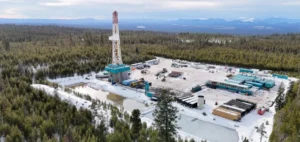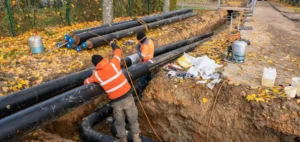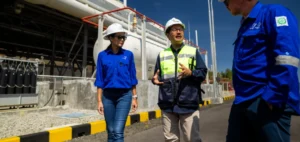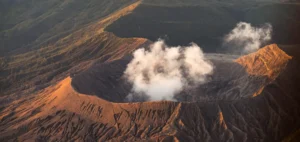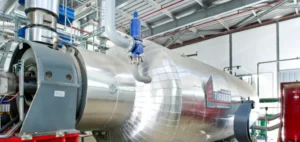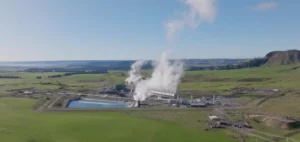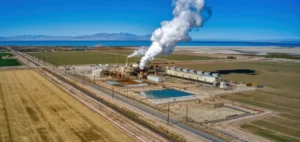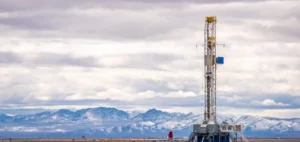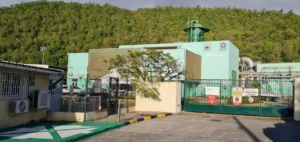The Salvadoran government has harnessed geothermal energy to mine 473.5 bitcoins, bolstering its state reserves with a total of 5,752 units of the cryptocurrency. The mining was carried out using around 300 machines installed at the Berlin geothermal power station, fed by the Tecapa volcano. Since 2021, El Salvador has been using 1.5 MW of the 102 MW produced by this plant for bitcoin mining. Bitcoin, the first cryptocurrency adopted as legal tender by El Salvador in September 2021, is now a mainstay of the national economy. In addition to stimulating investment, this initiative aims to facilitate cross-border transactions and offer investors alternative payment options.
Network technology and security
Bitcoin mining relies on powerful computers, called ASICs, which solve complex mathematical problems to validate transactions. This activity ensures the security of the Bitcoin network by verifying transactions. Luke Dashjr, CTO of Ocean Mining, emphasizes that for a country adopting Bitcoin, it is essential to participate in securing the network, thus reducing dependence on foreign miners.
Transition to renewable energy
In the face of criticism about the ecological footprint of Bitcoin mining, El Salvador is positioning itself as a leader in mining using renewable energies. By using geothermal energy, the country reduces its dependence on fossil fuels, aligning its mining efforts with its environmental sustainability goals. This strategy, used by other countries, not only mitigates environmental impact, but also serves as a model for other nations considering sustainable energy solutions for cryptocurrency mining.
Challenges and opportunities
While the initiative is promising, it is not without its challenges. The conversion of national reserves into bitcoin has been criticized by organizations such as the IMF, warning of the cryptocurrency’s volatility. However, the success of this initiative strengthens investor confidence and the country’s financial stability. The Lava Pool project, launched in partnership with Volcano Energy and Luxor Technology Corporation, aims to attract international investment and develop a robust Bitcoin community in El Salvador. The project involves “volcano bonds” to finance the mining infrastructure, with a 23% return on the miners’ profits to maintain the geothermal installations.
Economic and social impact
The geothermal mining initiative has the potential to transform El Salvador’s economy, improving its financial independence and attracting international investors. Although still under development, the Lava Pool project is showing promising signs of economic growth and job creation. Integrating the local community into the project also promotes inclusive economic development. However, some residents remain skeptical about using Bitcoin for everyday transactions. Education and awareness-raising will be crucial to overcoming this reluctance and demonstrating the economic and social benefits of this transition.
Adoption and international criticism
Since adopting Bitcoin as its legal tender, El Salvador has faced criticism from international organizations such as the World Bank and the IMF. These institutions expressed concern about the country’s economic stability and the risks associated with Bitcoin’s volatility. Despite this, President Nayib Bukele has continued his pro-Bitcoin policy, going so far as to announce the daily purchase of one Bitcoin to bolster national reserves. This policy has found widespread support among the population, as evidenced by Bukele’s re-election in 2024. However, criticism persists, particularly concerning the environmental impact of Bitcoin mining. The transition to the use of geothermal energy is a direct response to these concerns, positioning El Salvador as a pioneer in sustainable mining.
Future prospects
El Salvador’s success in integrating geothermal energy for Bitcoin mining could inspire other nations to adopt similar practices. The focus on renewable energies offers a sustainable model for economic growth and the reduction of carbon emissions. The Lava Pool initiative, in particular, could serve as a model for other large-scale mining projects using clean energy sources. In addition, El Salvador’s commitment to cutting-edge technologies and innovations in the energy field could attract further investment and strengthen its position on the international stage. Collaboration with technology companies and international investors is crucial to support this vision and ensure the sustainability of current initiatives.
El Salvador is at the forefront of innovation in Bitcoin mining using geothermal energy, demonstrating a sustainable and innovative approach to environmental challenges. Although criticized, this initiative offers significant economic and social opportunities for the country. The future of cryptocurrency mining in El Salvador rests on a combination of advanced technology, bold policies and the drive to reduce carbon footprints, serving as a model for other nations seeking to adopt sustainable energy practices.


